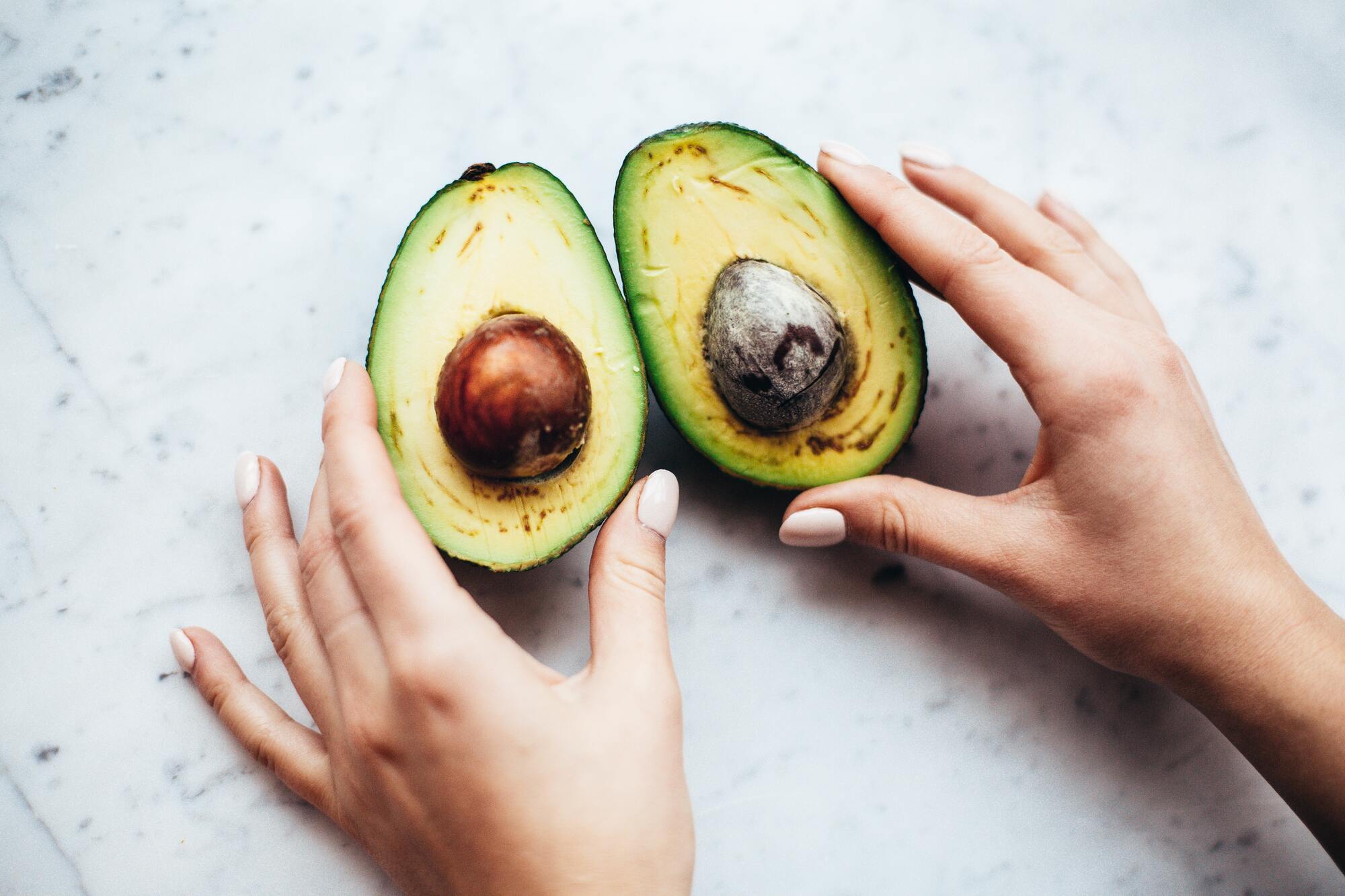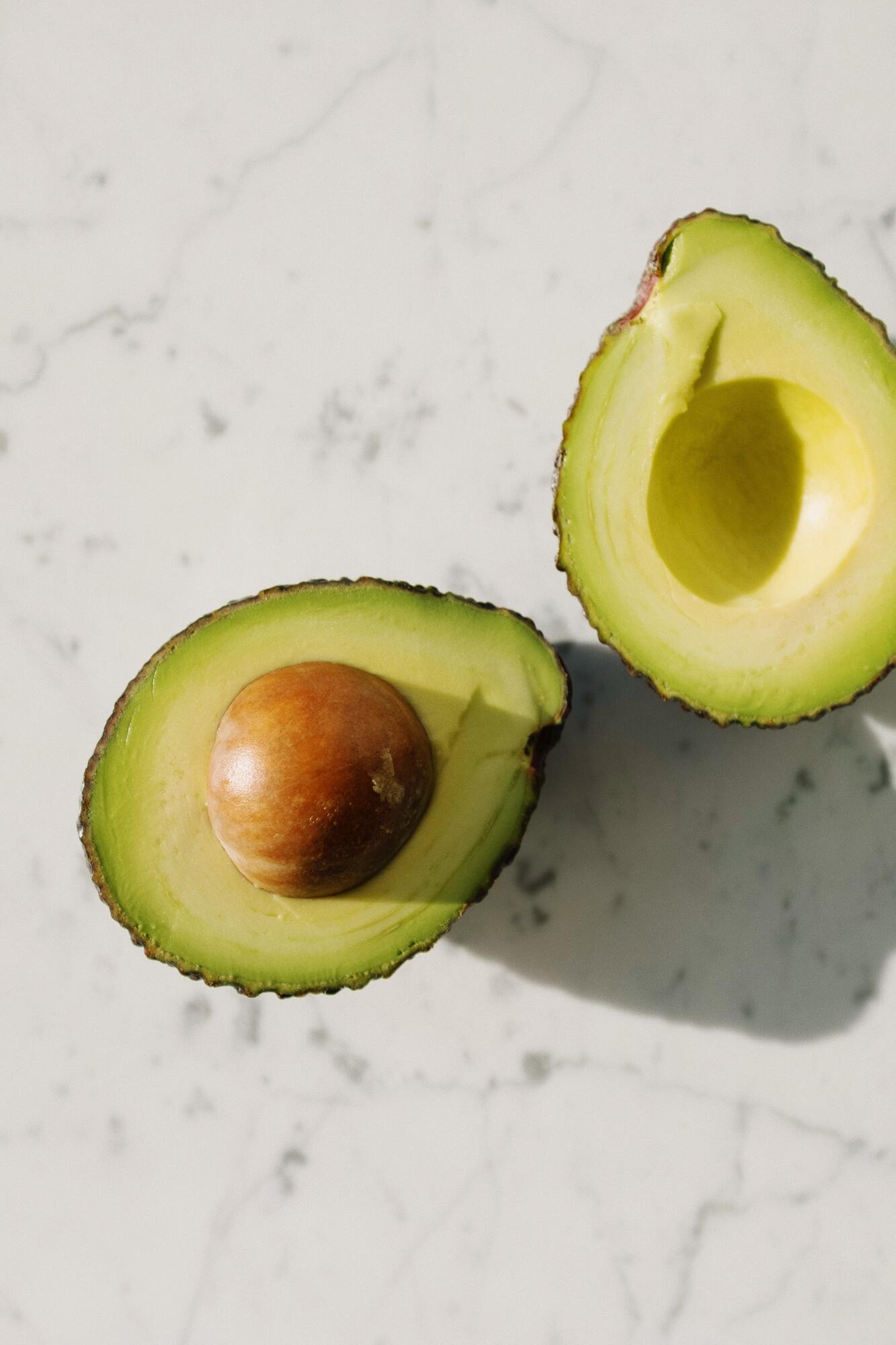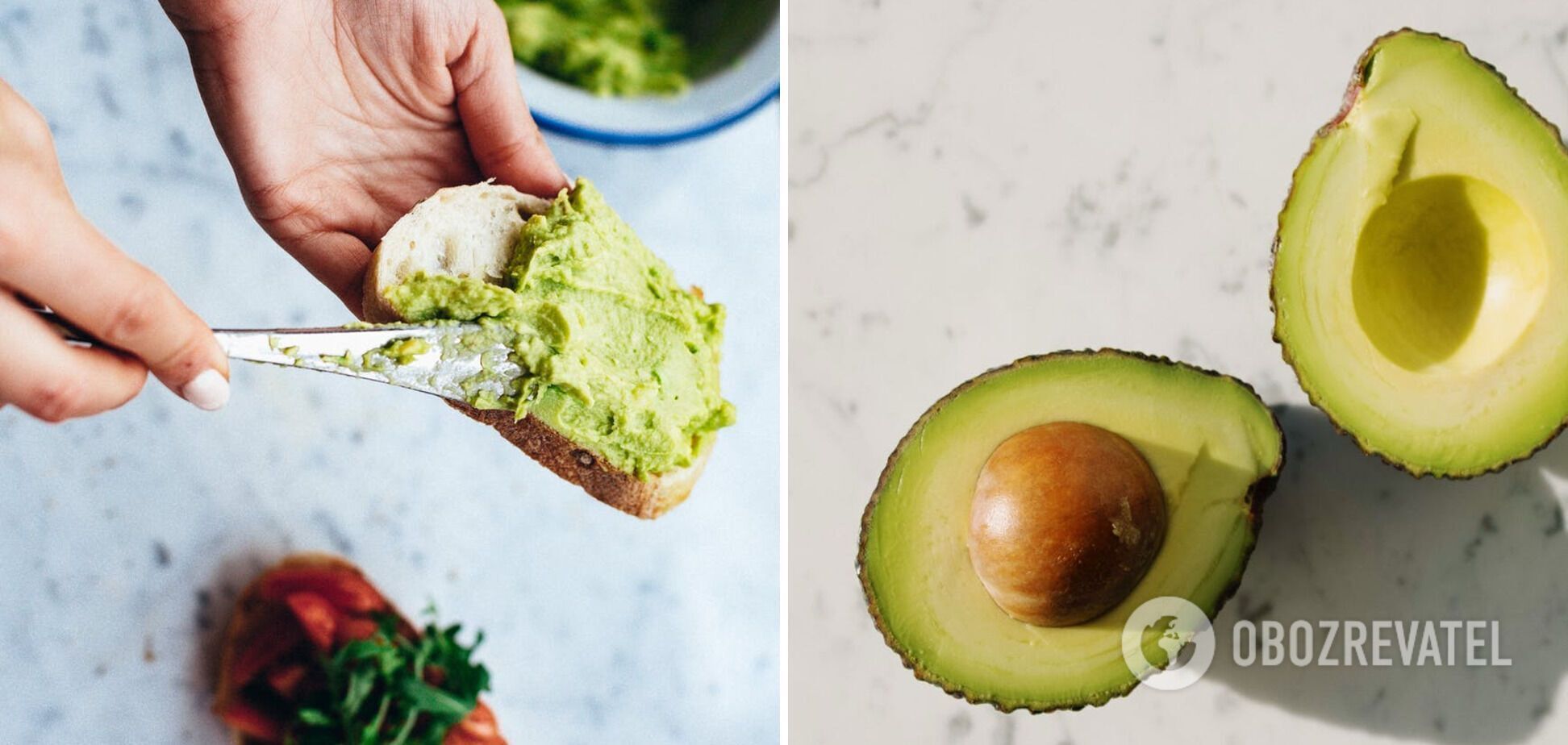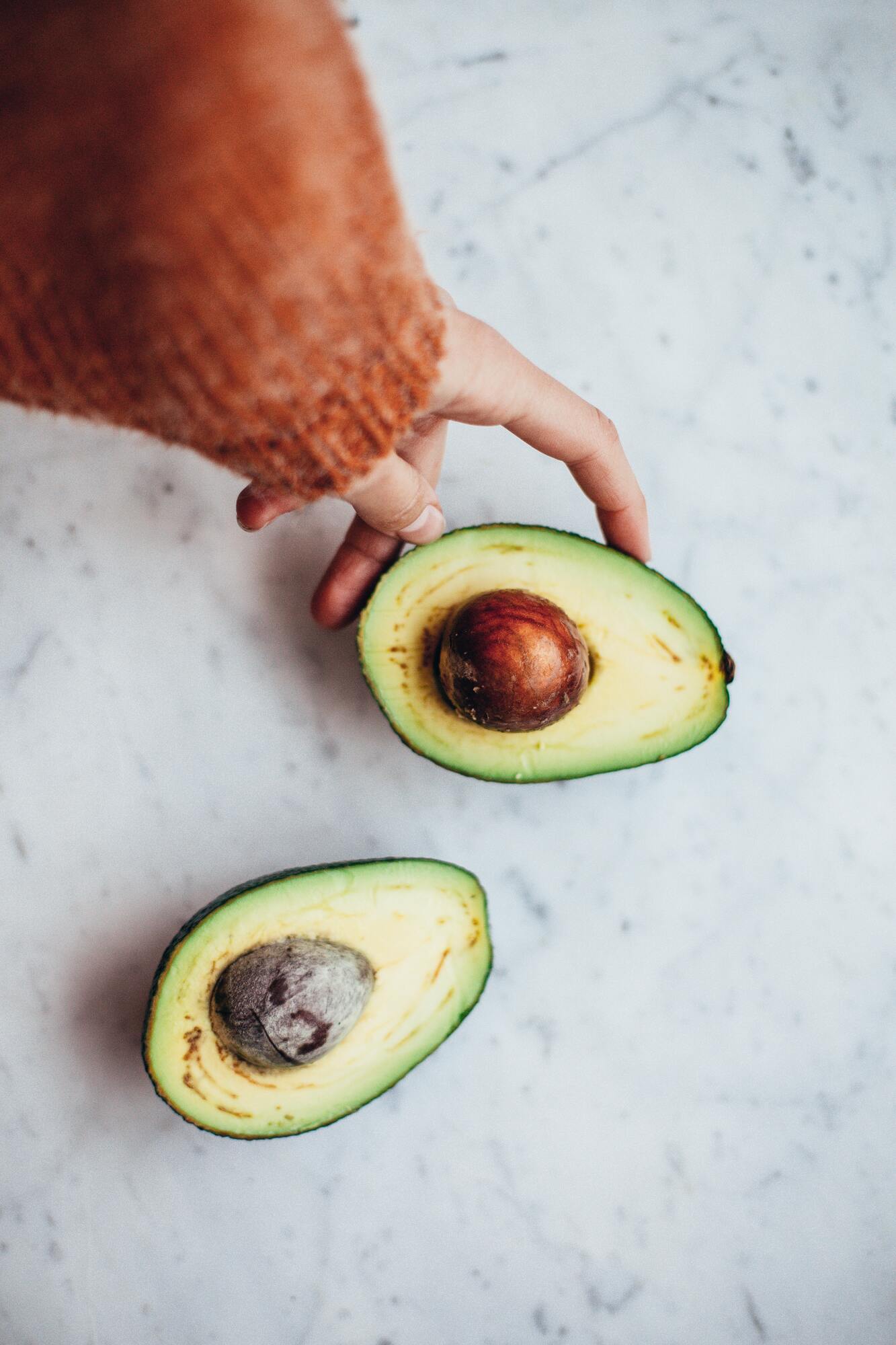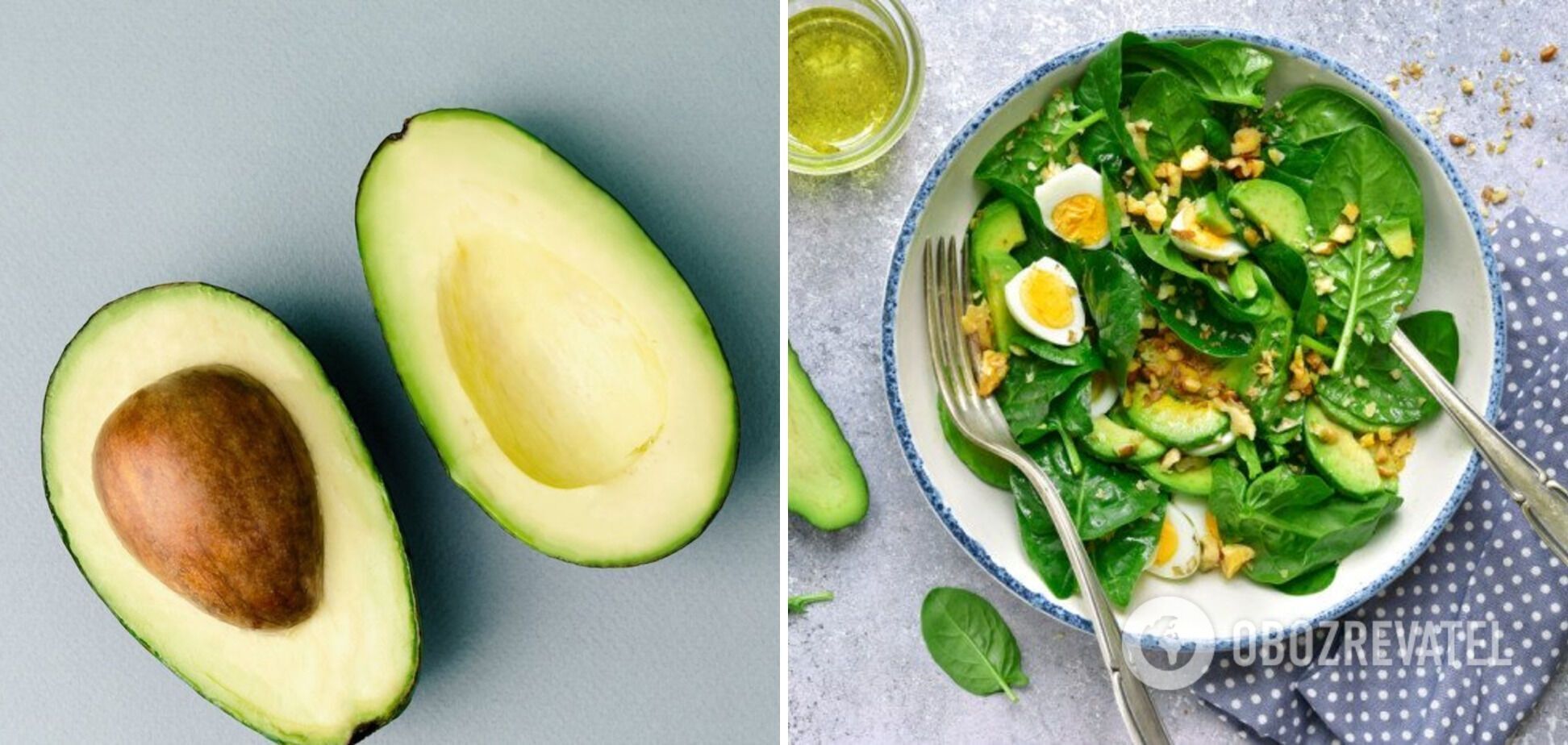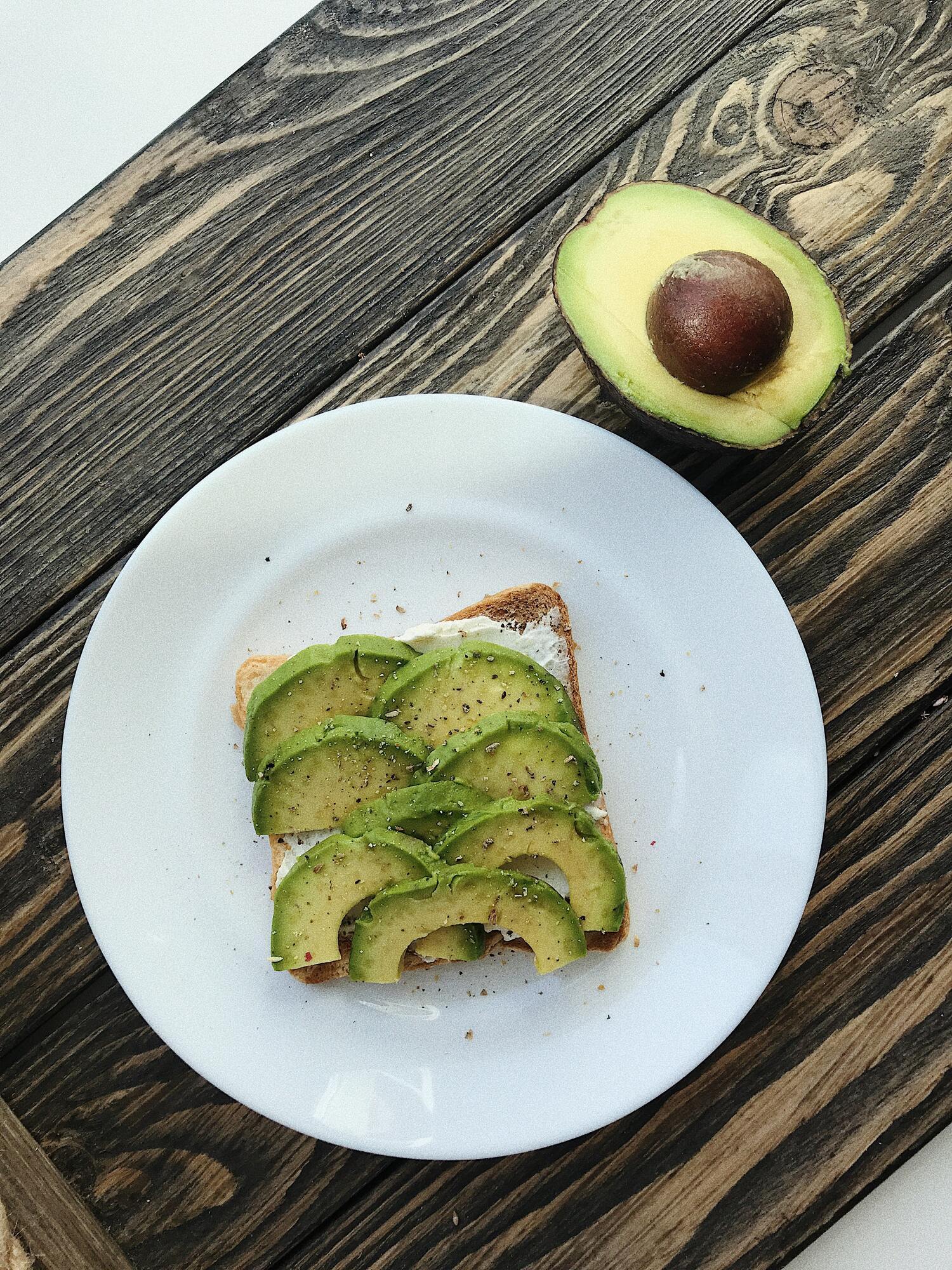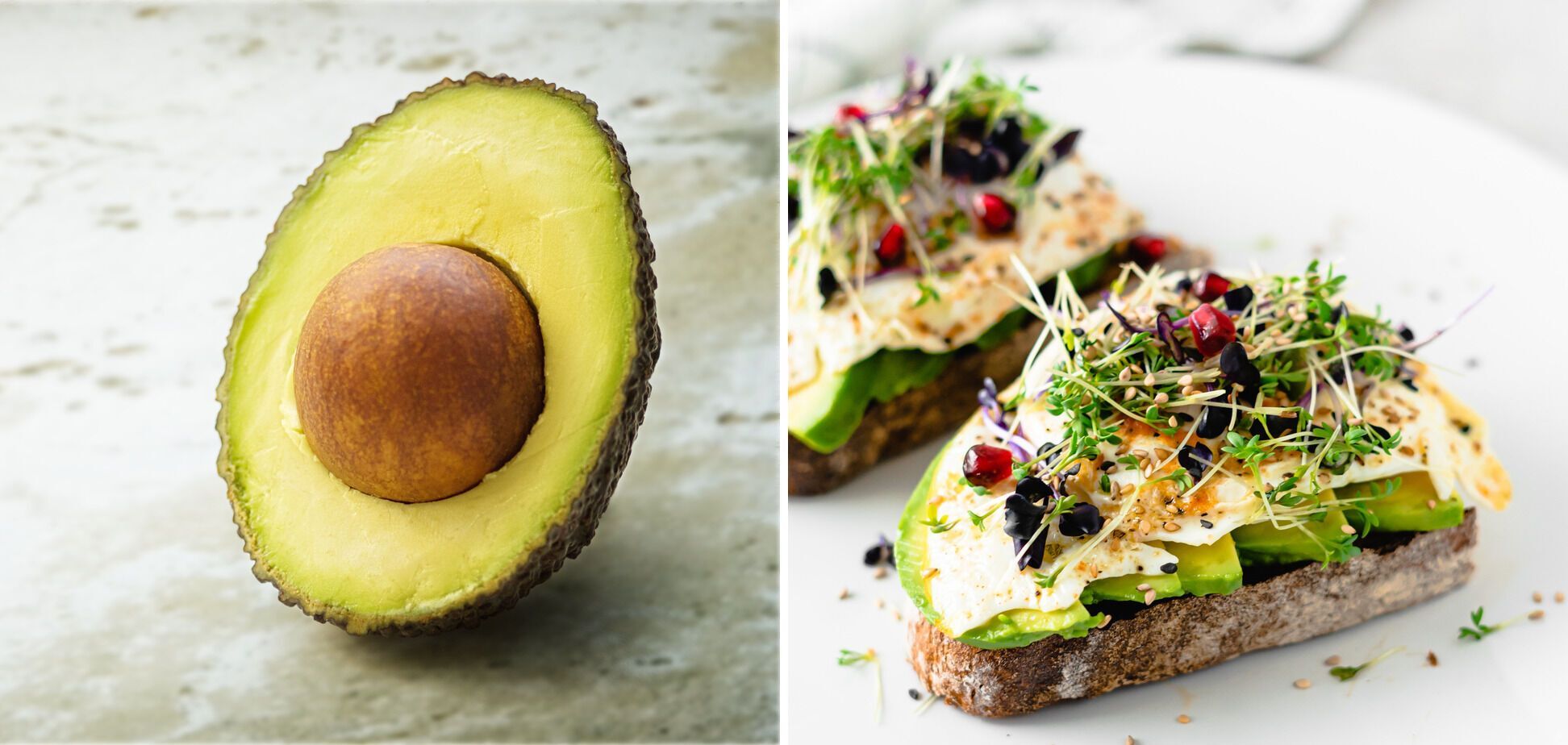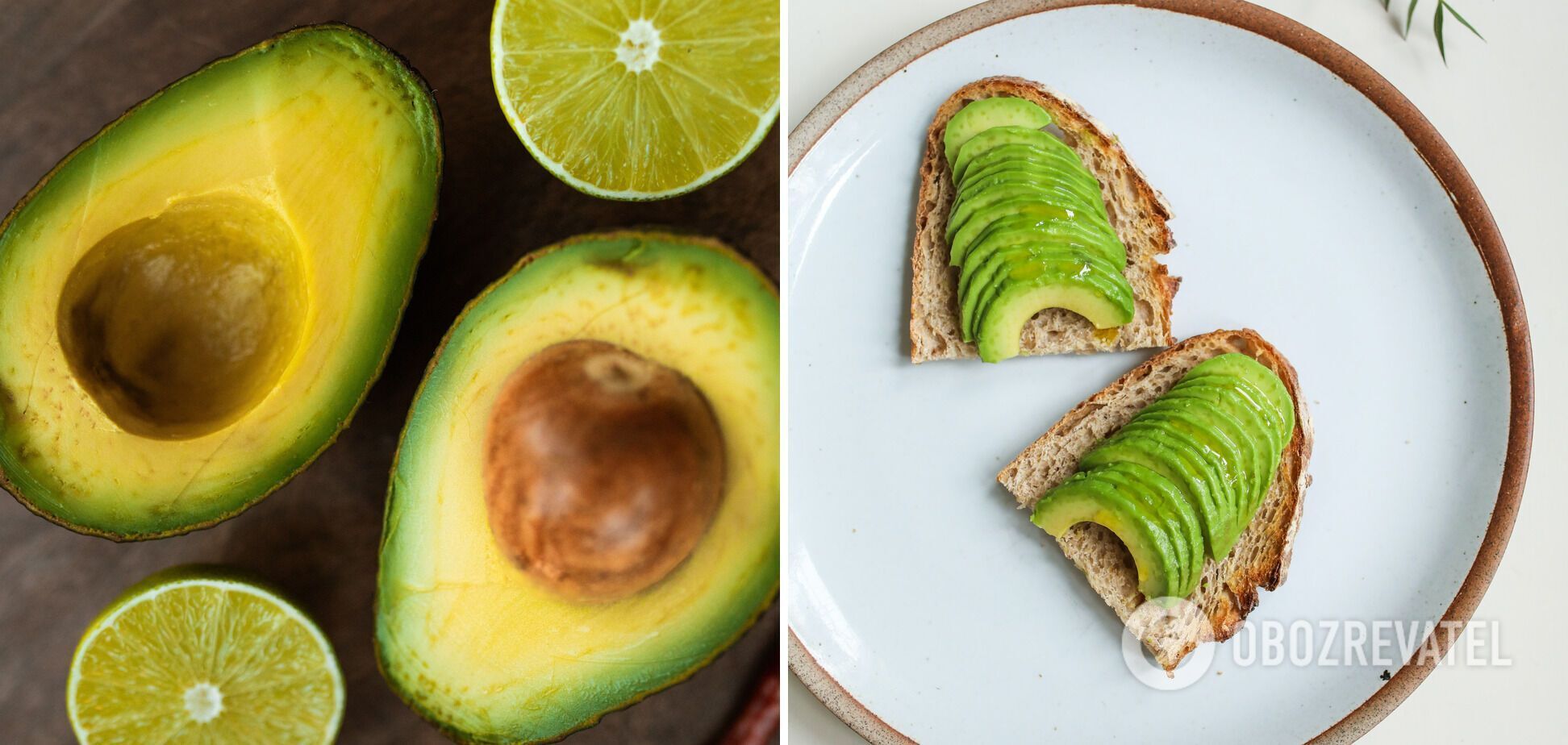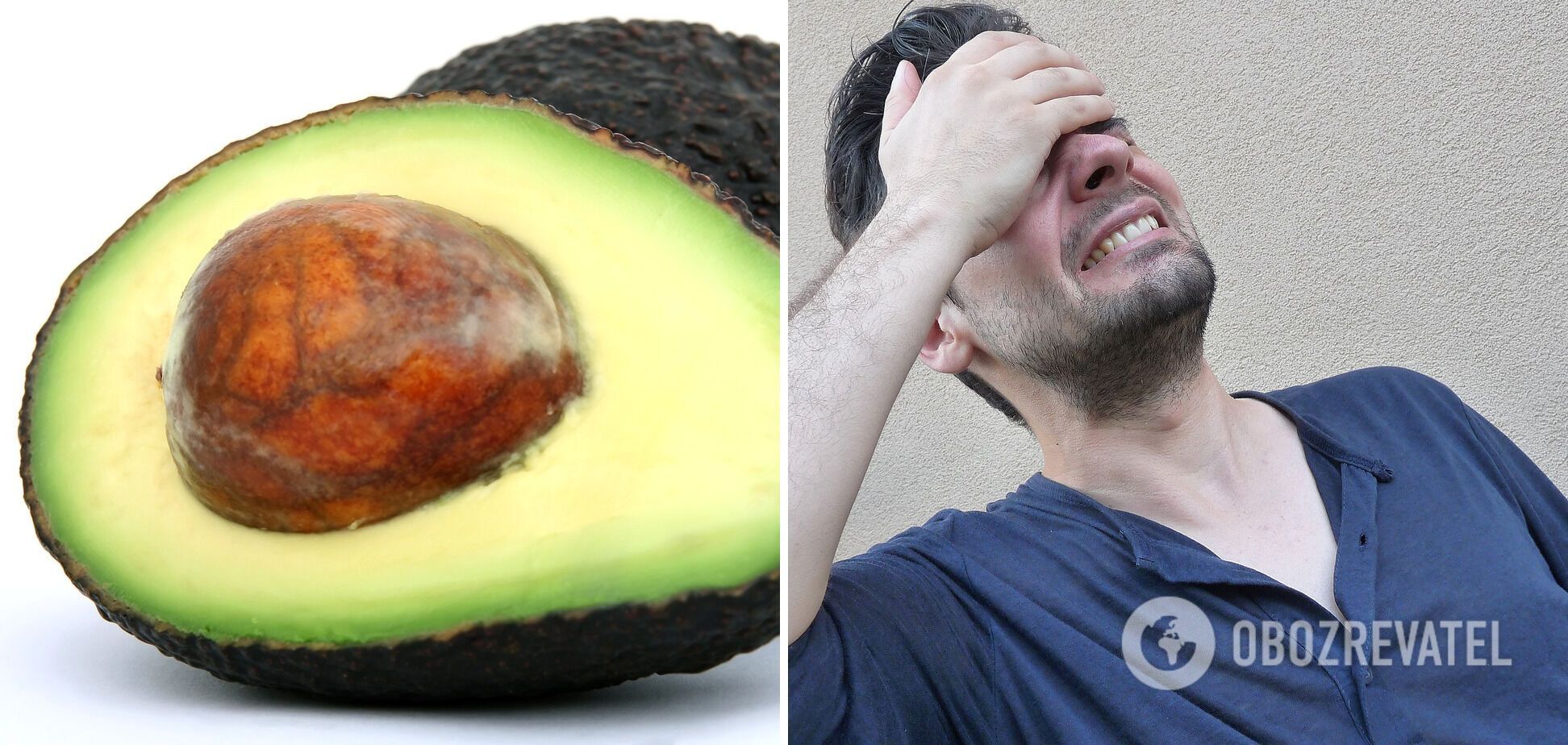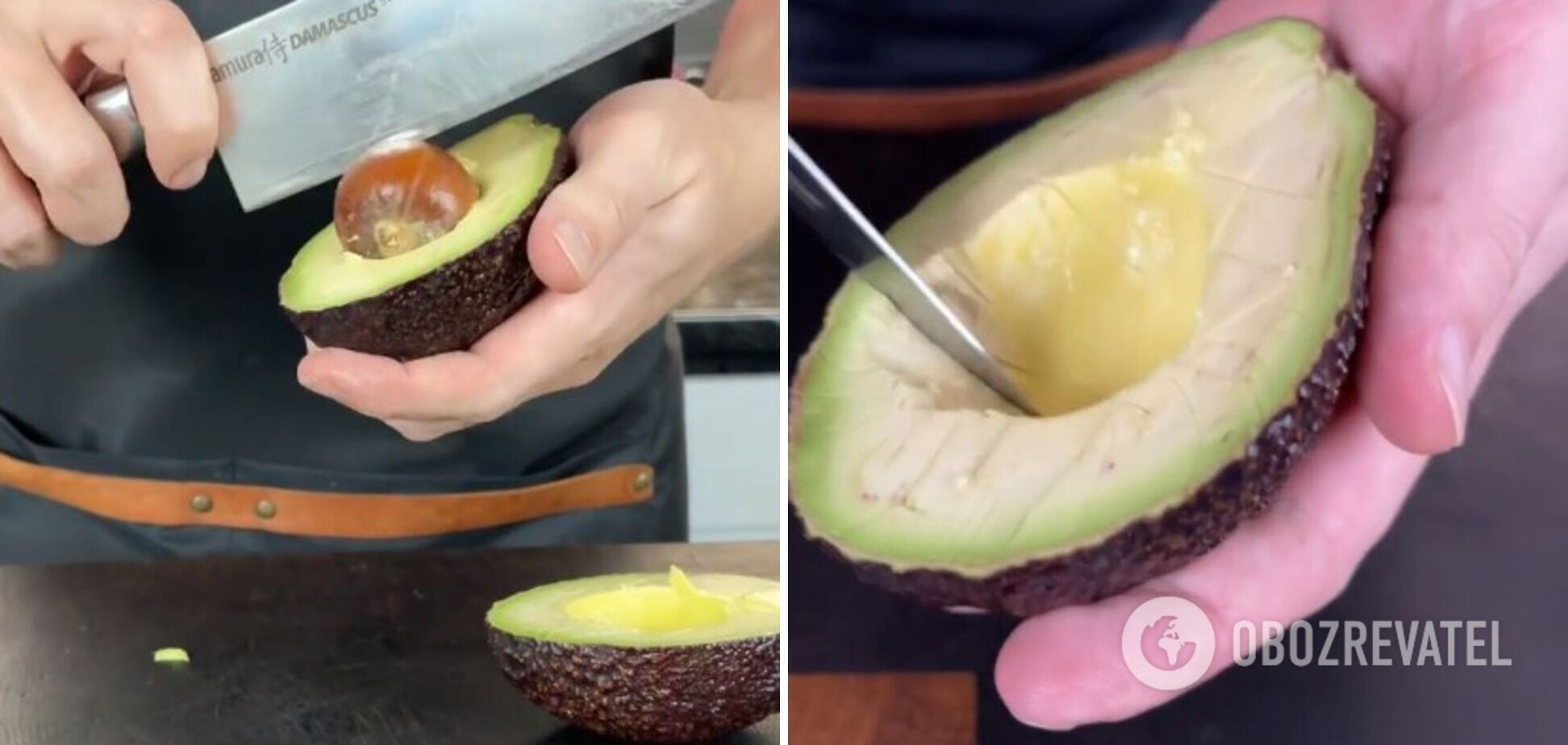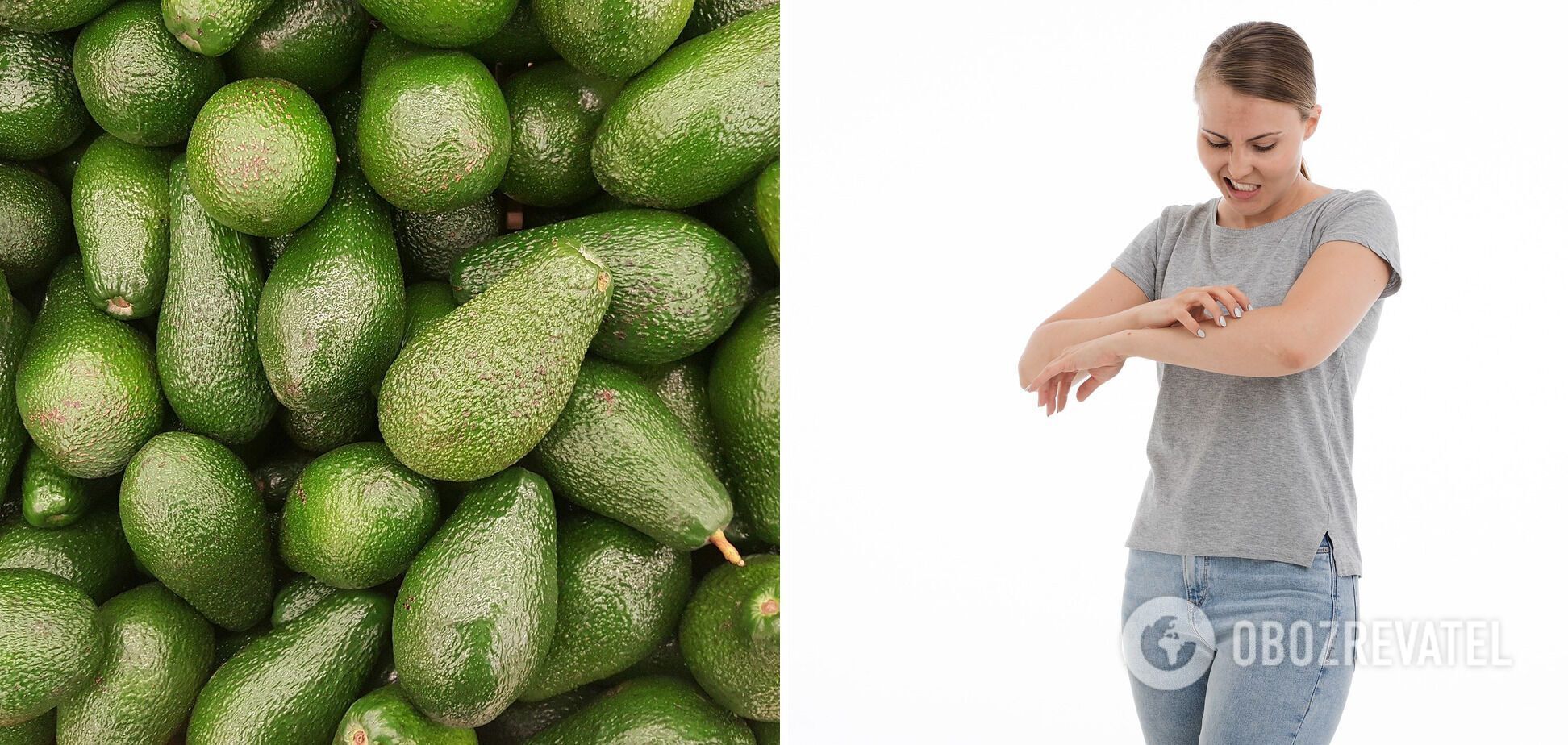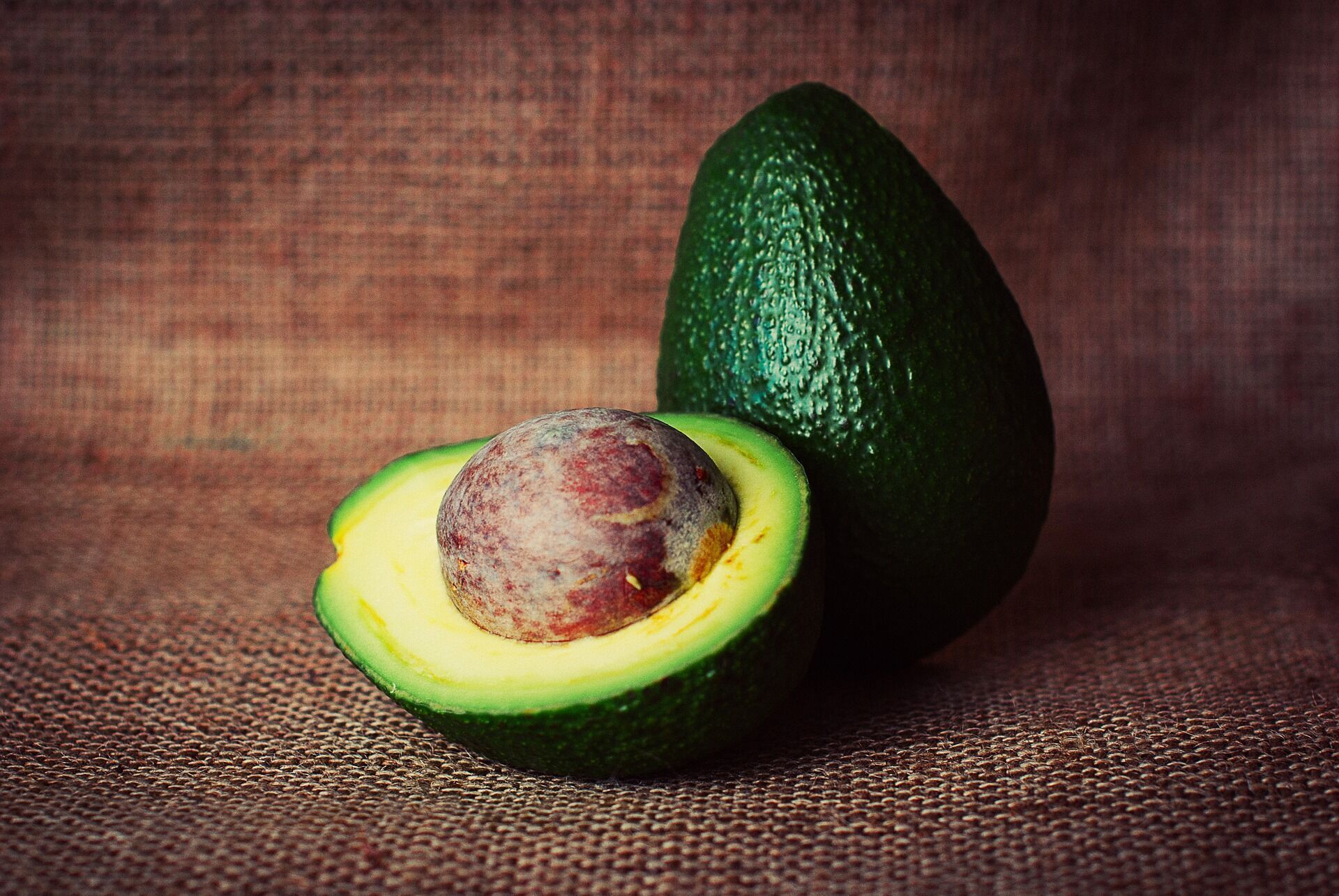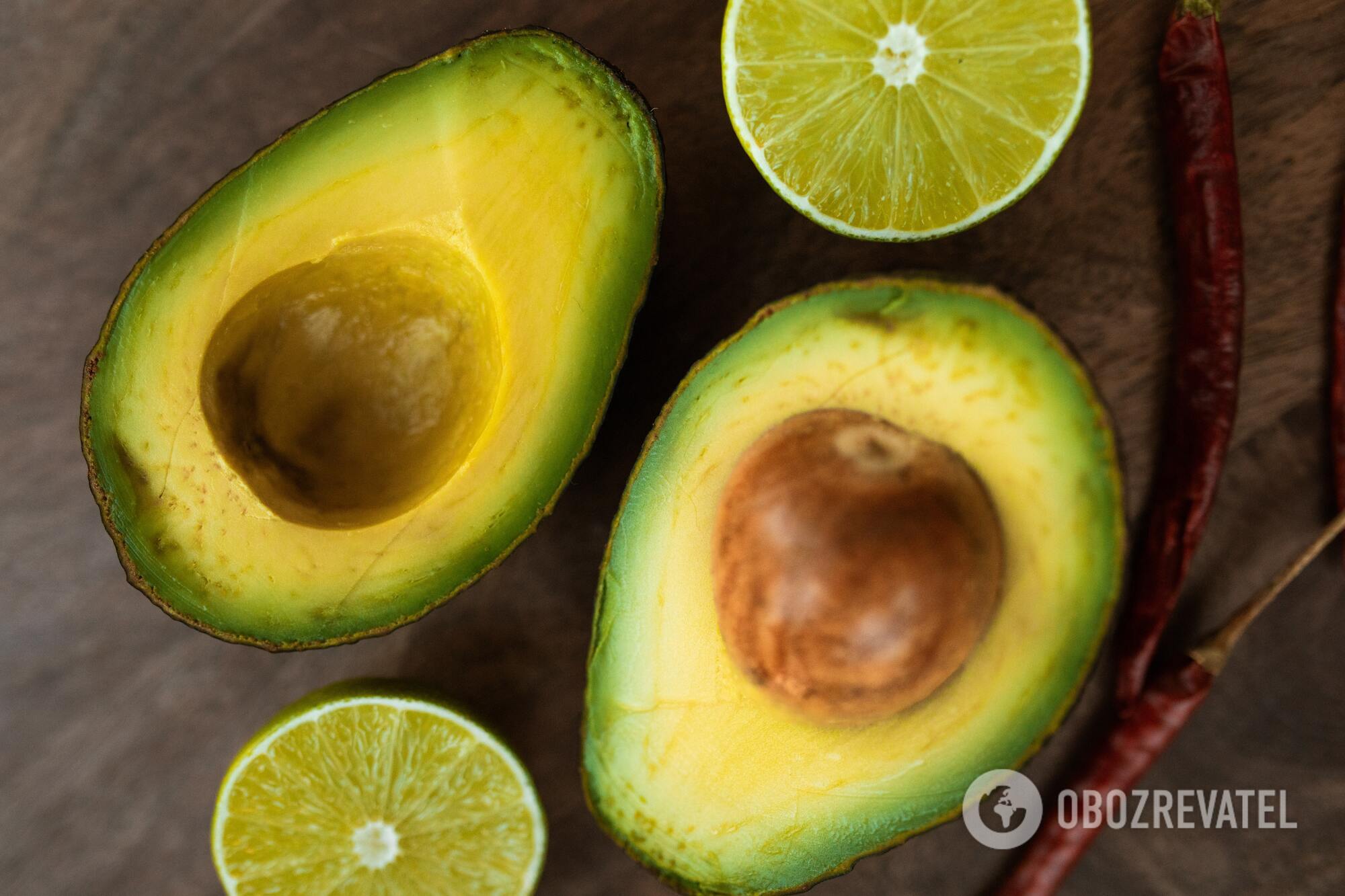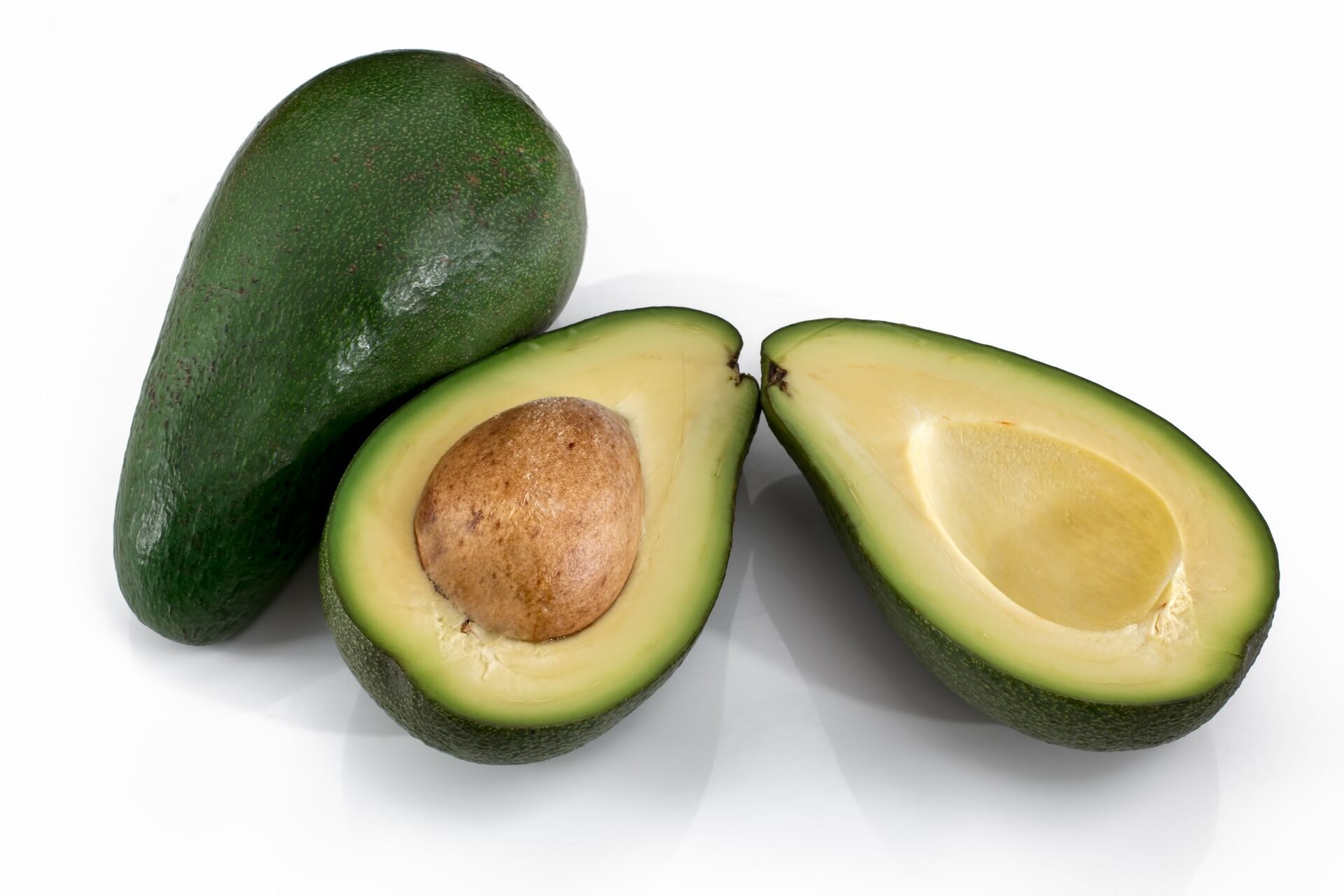LS Food
Can children eat avocados: unexpected arguments in favor of the "superfood". Exclusive
Avocados are a healthy and tasty product that everyone can and should eat, unless, of course, they are allergic. The fruit goes well with fish, vegetables, salt, pepper, and bread, and is also an ideal ingredient for healthy smoothies and desserts.
Victoria Stelmakh, founder of the largest Ukrainian-language Facebook group on complementary foods and baby food expert, told FoodOboz exclusively whether children can eat avocados.
Can I give avocados to children under 6 months of age?
"Avocados are a great choice for a baby's first food. It's a great choice for anyone, but it's an especially great choice for babies. Avocados can be offered as soon as the baby is ready for solid foods – complementary foods, 6 months. So there's no reason why you can't give your baby avocados," says Victoria.
The expert noted that avocados are indeed one of the best foods you can offer your baby from the very beginning of complementary foods!
"Ripe avocados are soft and full of nutrients, which makes them a great first food for complementary foods. For example, in the United States, avocados are the #1 food in the beginning. Most pediatricians around the world rank it #1 in their list of the top 10 best fruits for babies because avocado nutrition is good for baby development," the expert explained.
How to prepare avocados for children?
"Avocados are a popular first food for babies not only in the United States, but all over the world, and it's easy to see why. The fruit is easy to prepare, rich in fiber and healthy fats that babies need to support digestion and brain development, and zinc to support immune health. The healthy fats in avocados also make them a good option for making oil, which appropriately has a high smoke point – better for frying. Contrary to what you might have heard, they don't contain much protein, but they are a rich source of poly- and monounsaturated fats," says Victoria.
"Babies and young children need more fats, they not only contribute to the normal development of the brain and nervous system, they also help their body absorb important vitamins such as A, D, E, and K. This is one of the reasons why avocados are on the conditional list of 10 foods for low-weight babies recommended by many nutritionists and pediatricians If your baby's pediatrician has ruled out medical reasons for slow weight gain, such as heart or digestive problems, consider feeding your baby a high-calorie whole food after 6 months. This is something that can contribute to healthy weight gain," explained Victoria.
The expert added that avocados are also included in the list of auxiliary foods for childhood constipation.
"That's because it is a source of both soluble and insoluble fiber, which can help relieve constipation. In addition, a 2019 study showed that replacing carbohydrates with fats and fiber from avocados increases satiety. Another study found that children who ate avocados regularly were 9% less likely to become overweight or obese between the ages of 4 and 11 compared to those who did not eat avocados regularly," the expert said.
Health benefits for the child (MUFA):
–Babies need more fat in their diet than adults.
"In fact, 50% of their energy needs should come from fat (as opposed to 30% for adults), and avocados are high in fat compared to other foods, so they're great for giving your child a bigger kick," Victoria explained.
– Avocados are high in oleic acid, a type of healthy fat from the monounsaturated fat group (omega-9).
"It is also the main type of fat in breast milk. Oleic acid is important for the growth and development of the nervous system and brain. It is best known for its role in reducing the risk of heart disease and reducing inflammation in the body," the expert said.
– The fat content of avocados also helps your child absorb fat-soluble vitamins A, D, E, and K and phytonutrients more effectively.
–In addition to monounsaturated fats, avocados also contain some polyunsaturated fats (omega-6) and a few saturated fats.
"All in all, it is a really nutritious food that should be included in your child's diet," summarized Victoria.
How to choose an avocado?
Avocado is not a baby food that can be purchased in a jar, so it is better to choose fresh in the store.
Avocados are not on the list of dangerous foods for children with a high risk of choking.
When an avocado is ripe, it has a very soft, creamy consistency, although it is theoretically possible for a person to choke on any food – even water. All you need to do is make sure you create a safe eating environment, serve the product in a safe serving bowl, and stay at arm's length from your child while eating.
How often do children get allergic to avocados?
Avocado allergies are rare because avocados are not on the allergen list, and allergies to them are not common, they are more individualized and cross-reactive. Avocado allergies are more common in people who are already allergic to bananas, chestnuts, or kiwis, and those who are allergic to latex or certain types of pollen may be allergic to avocados or suffer from oral allergy syndrome. Oral allergy syndrome usually leads to short-term itching or burning in the mouth and is unlikely to lead to a dangerous reaction," the expert explained.
How to give avocados to children?
"Once you find a perfectly ripe avocado for your child, you can simply cut the avocado in half, pull out the large pit in the middle, and then scoop out the green avocado fruit with a spoon. A good avocado has the consistency of butter. If you choose mashed, you can mash it with a fork or use a blender. If your child is self-feeding, cut it into safe slices - slices, make notches on it. Or cut it with a shaped knife so that the child can comfortably pick it up with their hands," says Victoria.
Avocados should be given to children in small portions
"As with any new food for a child, start with a small amount for the first few meals. If there is no adverse reaction, gradually increase the amount at subsequent meals," the expert explained.
Victoria added that the main changes occur in the nutrition of infants and toddlers during the first two years of life. Exposure to certain foods and nutrients in the first two years can affect their future health through metabolic programming or the development of specific tastes.
Infants and toddlers should be regularly offered ideal complementary and transitional foods in terms of nutritional and physicochemical characteristics to ensure their optimal health, as well as to expand their taste preferences and acceptance of nutrient-rich dietary options.
"Avocados are unique among complementary foods and foods for children," the expert summarized.







